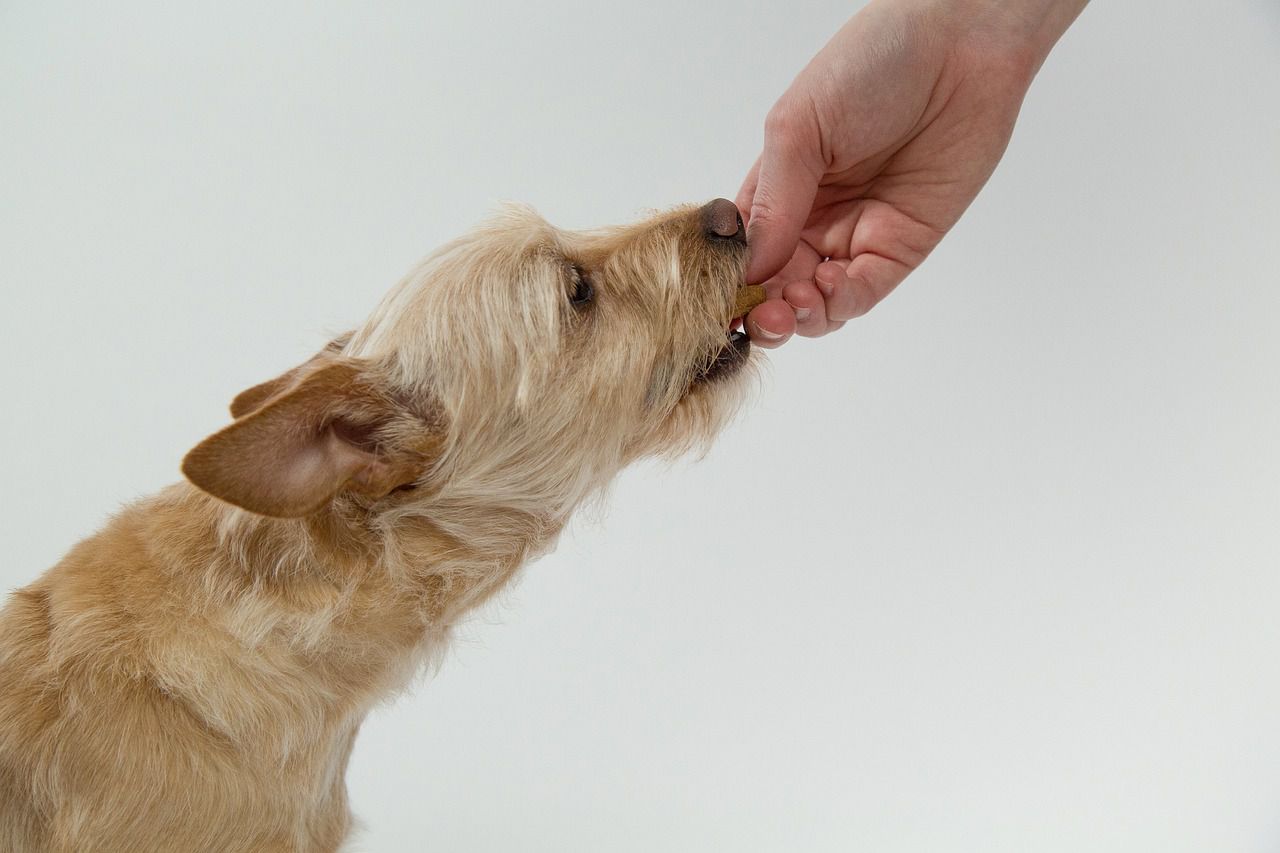Stomach upset in dogs: Pet owner's tips
While most dogs are more than happy to try out some human food, you shouldn't allow them, because they simply can't always digest it.
For instance, lots of human food can cause stomach issues in your dog, and some food can be even pretty dangerous for your pet.
Here are a few examples of it.
Chocolate
Chocolate contains theobromine and caffeine, which are stimulants that dogs can't digest well.
These substances can lead to symptoms like vomiting, diarrhea, increased heart rate, and, in severe cases, seizures or even death.

Dark chocolate and unsweetened cocoa powder have higher theobromine levels and are even more dangerous.
Grapes and Raisins
While the exact reason is not clear, grapes and raisins can be toxic to dogs.
Ingesting even a small amount can lead to kidney damage and cause symptoms like vomiting, diarrhea, and lethargy.
Onions and Garlic
These vegetables contain compounds that can damage a dog's red blood cells, leading to a condition called hemolytic anemia.
Symptoms may include weakness, vomiting, diarrhea, and discolored urine.
It's best to avoid feeding dogs foods with onion or garlic, even in small amounts.
Dairy Products
Many dogs are lactose intolerant, which means they can't properly digest lactose, a sugar found in dairy products.
Feeding dogs milk, cheese, or ice cream can result in upset stomach, diarrhea, and gas.
Fatty Foods
Foods high in fat, like bacon, sausages, or fried items, can be hard for dogs to digest.
Excessive fat consumption can lead to pancreatitis, an inflammation of the pancreas.
Symptoms include vomiting, diarrhea, and abdominal pain. Severe cases may require veterinary care.
Conclusion
It's crucial to be aware of these foods and keep them out of your dog's reach.
If your dog accidentally ingests any of these items and shows signs of illness, contact your veterinarian immediately.
For dogs, it's safest to stick to their own specially formulated pet food and treats.

